Facing accusations of domestic violence can feel overwhelming, especially when you’re uncertain about your rights or the legal process. Domestic violence allegations carry serious consequences, including legal penalties, personal reputation damage, and restrictions on your everyday life. Protecting your rights starts with understanding the legal landscape and taking proactive steps to ensure a fair defense.
How to Protect Your Rights When Accused of Domestic Violence
This guide explains the following:
- Remaining silent after an accusation
- Following the terms of any orders of protection
- Documenting your side of the story
- Avoiding contact with the alleged victim
- Working with a domestic battery defense lawyer
Here’s a closer look at each.
Remaining Silent After an Accusation
If police arrest you or question you about allegations of domestic violence, it’s essential to exercise your right to remain silent. Anything you say can be used against you in court, even if you believe your statements provide clarification or proof of your innocence. Politely tell the officers that you wish to remain silent and request to speak with an attorney.
Avoid discussing the accusations with anyone else, including friends or family members, as their testimonies could also be used in court. An attorney can help you determine what information should be shared and how to navigate initial interactions with law enforcement.
Following the Terms of Any Orders of Protection
If a court issues an order of protection against you, you must comply with its terms fully. An order of protection often prohibits contact with the alleged victim and may include additional restrictions, such as staying away from specific locations or surrendering firearms. Violating an order of protection can result in additional charges and harsher penalties.
Review the order carefully and ask your attorney to explain any unclear terms. Compliance with the court’s directives not only avoids further legal complications but also demonstrates your willingness to cooperate with the legal process.
Documenting Your Side of the Story
Maintaining accurate records and gathering evidence is a key part of building your defense. Start by documenting any relevant details about the incident, such as dates, times, and events leading up to the accusations. Include any communications you’ve had with the alleged victim, such as text messages or emails, that might support your version of events.
Witnesses who can attest to your character or provide accounts of the incident can also be valuable. Share this information with your attorney so they can determine the best way to use it in your defense.
Avoiding Contact with the Alleged Victim
While it may be tempting to reach out to the alleged victim to explain or resolve the situation, doing so can harm your case. Contacting the alleged victim can be seen as intimidation or harassment, even if your intentions are good. Respect the terms of any protective orders and let your attorney handle communication on your behalf.
Your lawyer can act as an intermediary and help ensure that any necessary interactions occur within legal boundaries. This protects you from further accusations and ensures compliance with the court’s expectations.
Working with a Domestic Battery Defense Lawyer
Hiring a domestic battery defense lawyer is one of the most important steps you can take to protect your rights. An experienced attorney will:
- Review the evidence against you
- Help you understand the charges and potential penalties
- Develop a strategy to challenge the prosecution’s case
- Represent you in court and during negotiations
A lawyer will also ensure that your side of the story is heard and that your rights are upheld throughout the process. They can help identify inconsistencies in the prosecution’s evidence and work to achieve the best possible resolution for your case.
FAQ About Protecting Your Rights When Accused of Domestic Violence
What Should I Do Immediately After an Accusation?
Remain calm, exercise your right to remain silent, and contact a lawyer as soon as possible. Avoid discussing the case with anyone other than your attorney.
Can I Contact the Alleged Victim to Resolve the Issue?
No. Contacting the alleged victim can violate protective orders and worsen your legal situation. Let your attorney handle all communication.
How Can I Defend Myself Against False Allegations?
Your lawyer can help gather evidence, identify inconsistencies in the allegations, and build a defense strategy to address false claims.
What Happens if I Violate an Order of Protection?
Violating a protective order can lead to additional charges, fines, and jail time. Always follow the terms of the order and seek legal guidance if you have questions.
Why Is It Important to Work with a Lawyer?
A lawyer will protect your rights, navigate the legal system on your behalf, and help you understand the process. Their guidance ensures you are informed and prepared.
Do You Need to Talk to an Attorney About Domestic Battery Defense?
If you need to talk to a domestic battery defense attorney in Illinois, we’re here to help. Call us at 847-920-4540 now – we’ll be happy to give you a free consultation and talk to you about your options.

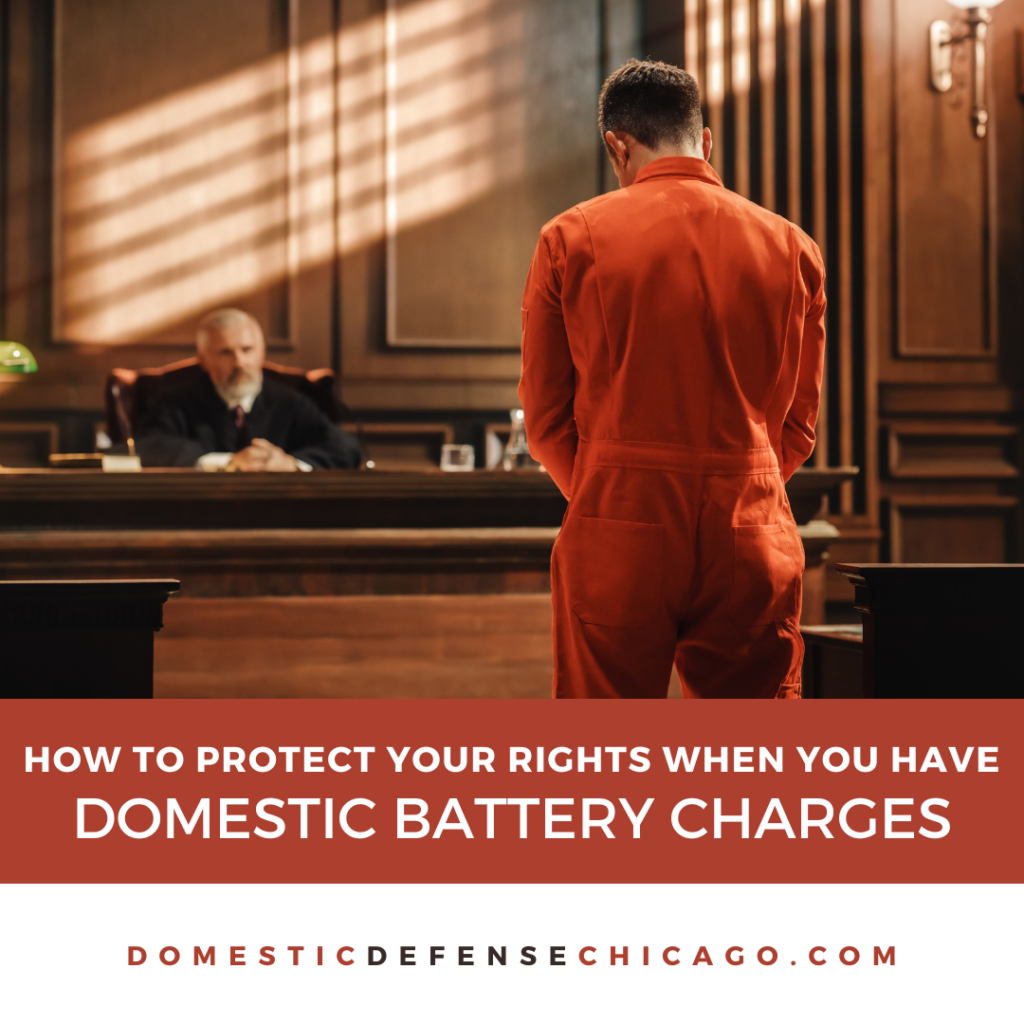
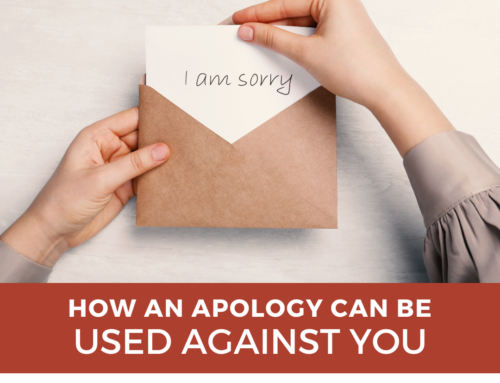
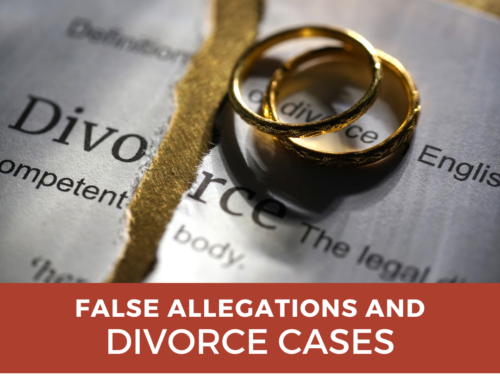
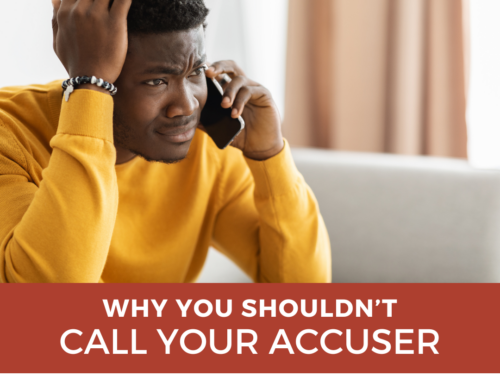
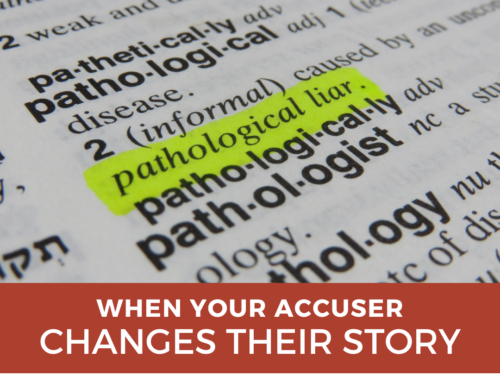
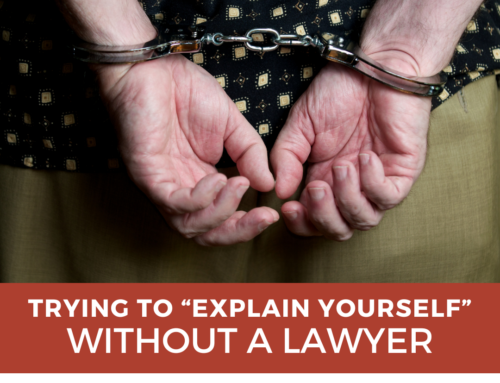
Leave A Comment
You must be logged in to post a comment.